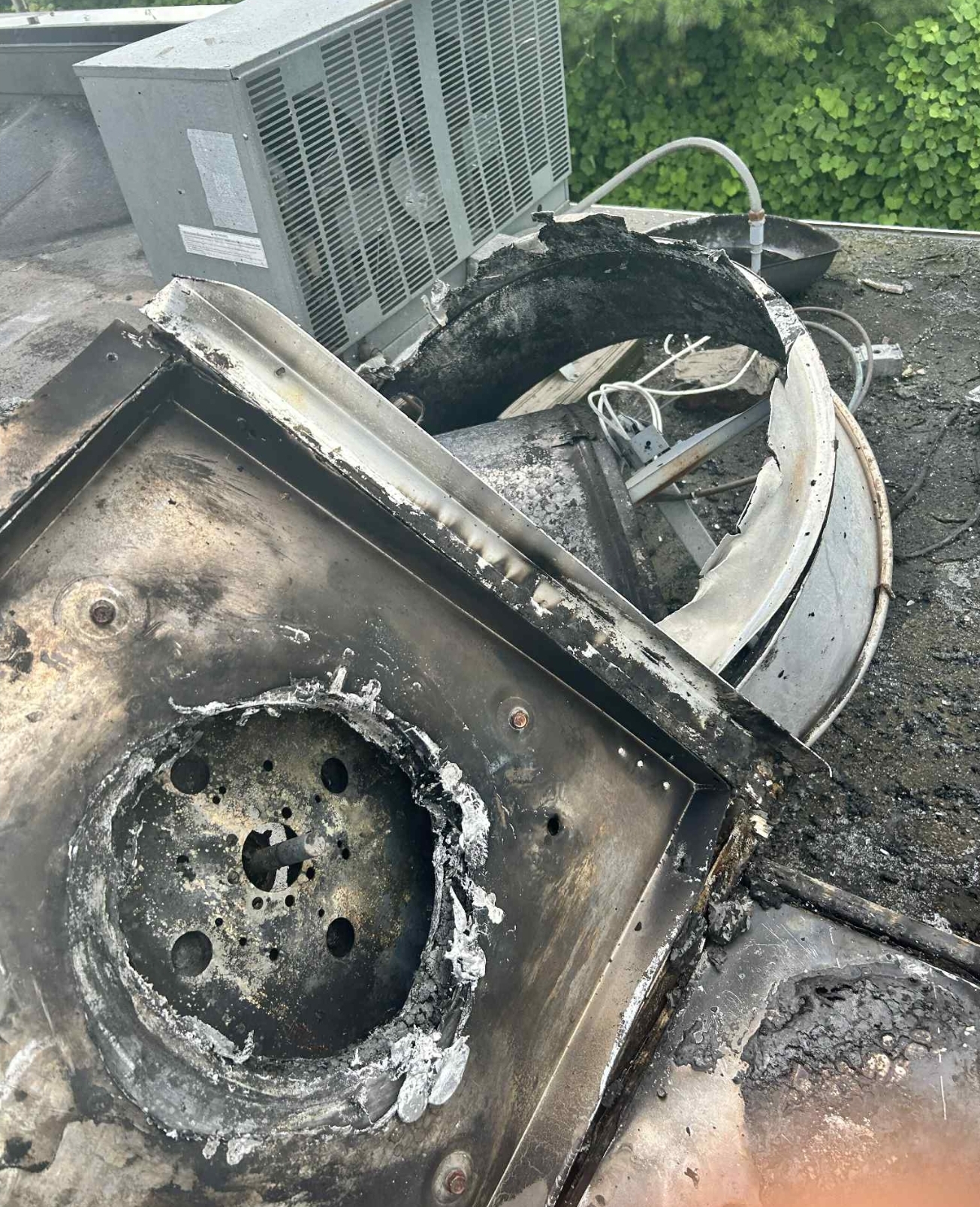At what price progress?
Published 10:00 pm Monday, February 6, 2017
Like many here in the foothills, Harold and Annette Areno of southwestern Louisiana lived peacefully in their cozy, rural home until, one day, Harold noticed several of his cows had fallen over dead. Soon after, Annette discovered all the chickens, too, had died, and, within a week, most goats and hogs as well. Then, while hunting turtles for her locally famous soup, Annette found several wandering aimlessly, blinded and directionless, their eyes blanched white from the nearby bayou’s water. Dead fish soon washed up on its banks.
Southwestern Louisiana, home to an Acadian culture dating back generations, now was but a landed and shallow Deepwater Horizon sinkhole that poisoned all who lived there. Still, brand-new four lane highways whisked the Arenos away past deserted storefronts to a super Walmart and to distant jobs in the gas and petroleum industry. Yet to the Arenos and most neighbors, scandalously high rates of cancer, shortened life spans, disappearing small businesses, and a few dead animals were but the price of progress, what “we have to pay for capitalism.”
On January 9, Chad Fisher complained of a neighbor’s thirty or so barking dogs to Polk County’s Commissioners that, not surprisingly, doesn’t have a noise ordinance, one of only a handful in North Carolina that doesn’t. It seems that pollution takes many forms these days, not only burning fossil fuels and making concrete but also noise and light.
Still, don’t worry. Our Commissioners won’t enact an ordinance anytime soon. Why not? Because individuals have a “right” to have all the barking dogs, crowing roosters, dirt bike tracks, play loud music, and to fire off all the guns they want, but not one to insure “domestic Tranquility” or “promote the general welfare.” Sounds Constitutional, doesn’t it? To uneasy Commissioners, the very idea of a noise “ordinance” or “regulation” of anything smacks of a political death wish. Besides, it wouldn’t be enforced anyway.
On January 16, John Vining wrote a letter to the Bulletin opposing the widening of NC Highway 108 between Columbus and Tryon, objecting not only to the enormous cost, an average of $13.5 million per mile, but also inasmuch as “three or four lanes” would change the “rural character” of Polk County. Yet isn’t that the purpose? And don’t four-lane highways connecting to freeways mean progress? And more pollution? Perhaps it’s time we rethought the very idea of progress and its costs to us.
What do Harold and Annette Areno, Chad Fisher, and John Vining have in common? First, all had lived in their towns and communities for decades and had no intention of leaving. “I’m not going to let someone come in and run me off,” Fisher maintained, a reference to his dog-gone neighbors who moved here just two years ago. Vining? His decades-long concern for the natural beauty of the County and long family history give him a legitimacy few have, certainly not our “mouth out” Commissioners who profess similar but insincere sentiments about the environment.
Yet Fisher, Vining, and Areno also give voice to one of the pathologies of modern society, namely that an unfettered capitalism, whether in the form of freeways or fracking, is but a symptom of a deeper social disorder of rampant individualism. It contaminates not only the air we breathe and water we drink but also the social environment we live, one where the “sweet country” of our childhood faces a final extinction, where an increasingly fragmented and impersonal society slowly unmakes communities and families, where our elected officials have less sympathy for their own people and more for corporate elites, where common decency descends into an egoistic competition where winning is everything, and, no, this is not a nostalgic fantasy but, rather, a new idea where progress is called regression. It’s the notion that we can all have more with less, where we understand that a sense of community and self-sacrifice has value, and, from that, perhaps we can all sleep and breathe more easily.
Milton Ready, Tryon, N.C.





